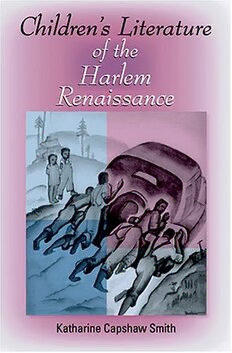
Children's Literature of the Harlem Renaissance (Blacks in the Diaspora) PDF
368 Pages·2004·4.601 MB·English
Most books are stored in the elastic cloud where traffic is expensive. For this reason, we have a limit on daily download.
Preview Children's Literature of the Harlem Renaissance (Blacks in the Diaspora)
Description:
The Harlem Renaissance inaugurated a tradition of African American children’s literature, for the movement’s central writers made youth both their subject and audience. W.E.B. Du Bois, Carter G. Woodson, Langston Hughes, Alice Dunbar-Nelson, and other Harlem Renaissance figures took an impassioned interest in the literary models offered to children, believing that the "New Negro" would ultimately arise from black youth. As a result, African American children’s literature became a crucial medium through which a disparate community forged bonds of cultural, economic, and aesthetic solidarity. Kate Capshaw Smith explores the period’s vigorous exchange about the nature and identity of black childhood and uncovers the networks of African American philosophers, community activists, schoolteachers, and literary artists who worked together to transmit black history and culture to the next generation.
See more
The list of books you might like
Most books are stored in the elastic cloud where traffic is expensive. For this reason, we have a limit on daily download.
